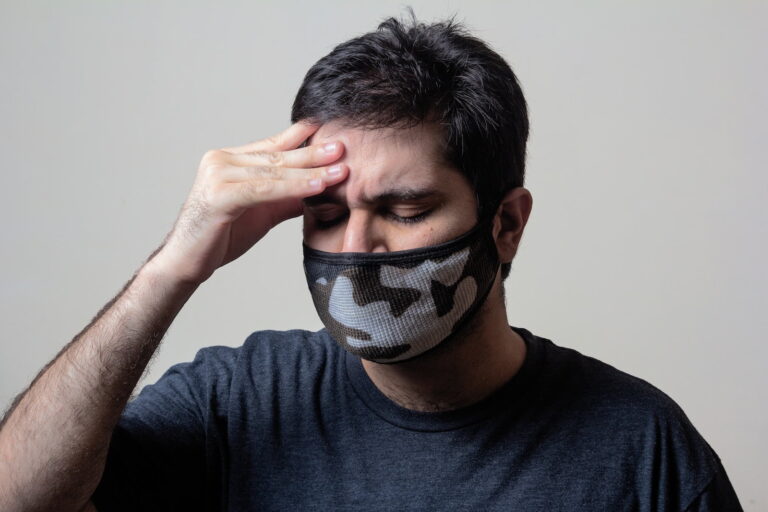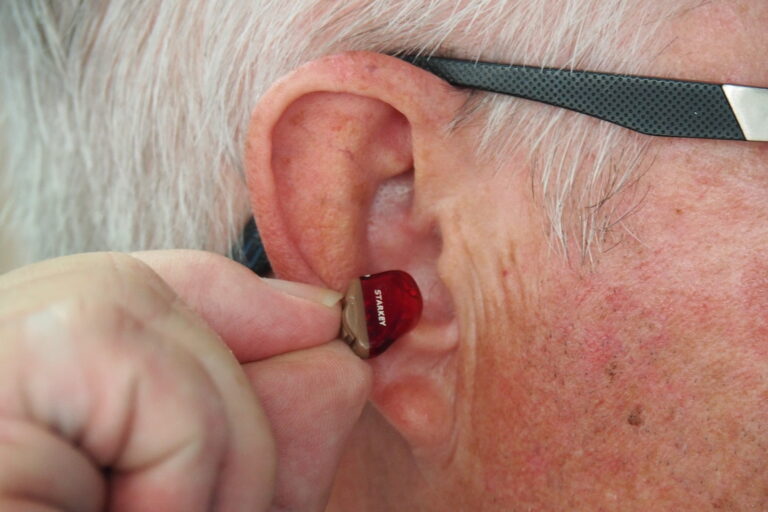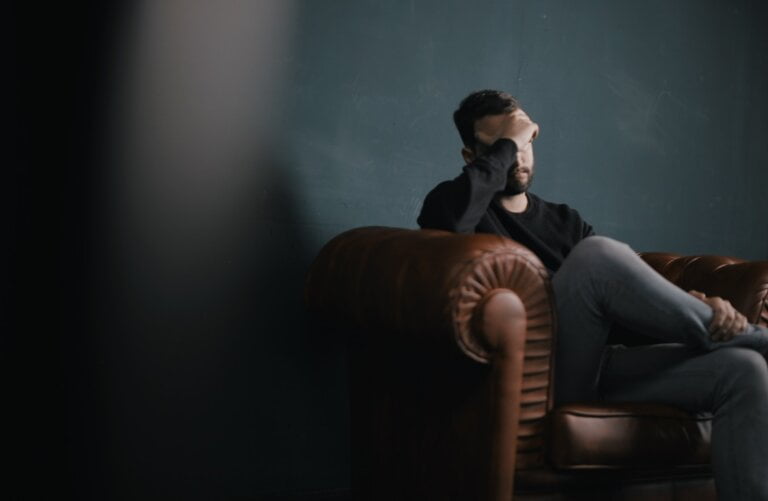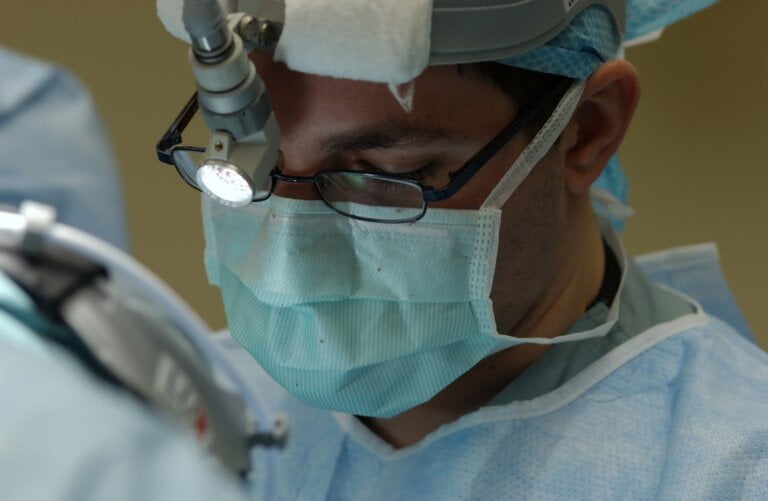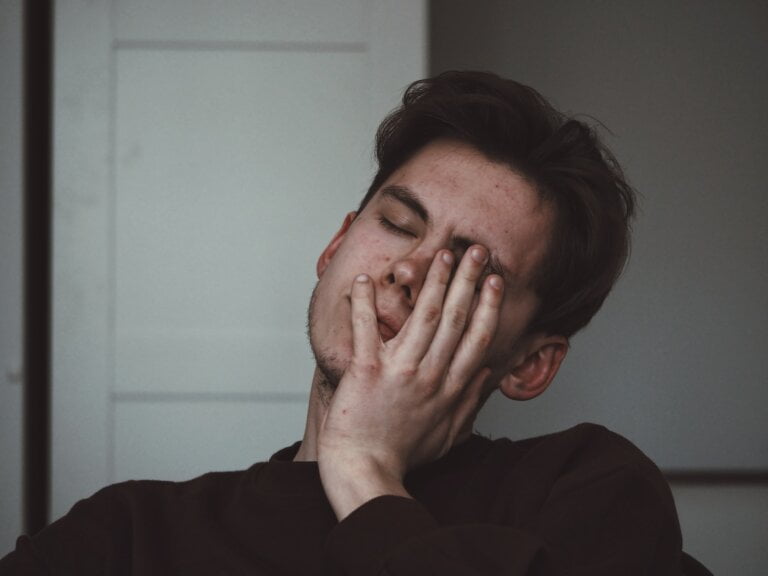Home Remedies and Tips: How to Safely Clean Your Ears and Remove Ear Wax
Cleaning our ears is an essential part of our hygiene routine. However, many people are unaware of the right techniques to safely clean their ears and remove ear wax. In this article, we will explore effective home remedies and tips to help you maintain clean and healthy ears.
Understanding Ear Wax
Ear wax, also known as cerumen, is a sticky substance produced by the glands in our ear canal. It plays a crucial role in keeping our ears moisturized, protected, and free from dust, debris, and bacteria. However, when ear wax accumulates excessively, it can cause discomfort, hearing problems, and even infections.
Excessive ear wax can lead to various signs and symptoms, indicating the need for removal. It’s important to be aware of these signs to ensure timely intervention and prevent further complications.
Signs of Excessive Ear Wax
Before we delve into the home remedies, it’s important to understand the signs of excessive ear wax. These may include:
-
Earache or pain: Excessive ear wax can cause discomfort and pain in the ear. It may feel like pressure or aching sensation within the ear canal.
-
Feeling of fullness in the ear: If you constantly feel like your ear is blocked or full, it may be a sign of excessive ear wax buildup.
-
Reduced hearing or hearing loss: Accumulated ear wax can obstruct the ear canal, leading to reduced hearing or even temporary hearing loss.
-
Ringing or buzzing sounds in the ear (tinnitus): Excessive ear wax can sometimes cause a ringing or buzzing sensation in the ear, known as tinnitus.
-
Dizziness or vertigo: In some cases, excessive ear wax can affect the balance mechanism in the inner ear, leading to dizziness or vertigo.
-
Coughing or itching in the ear canal: If you experience persistent coughing or itching in the ear canal, it may be a sign of excess ear wax irritating the delicate skin.
-
Foul odor from the ear: When ear wax accumulates and remains in the ear for an extended period, it may emit a foul odor.
If you experience any of these symptoms, it’s advisable to consult a healthcare professional before attempting any ear cleaning techniques.
Home Remedies for Ear Wax Removal
While it’s important to consult a professional for severe cases, there are several home remedies that can effectively help in the removal of ear wax. These remedies are safe and can be tried at home:
- Saline Solution: A saline solution is a simple yet effective remedy for softening stubborn ear wax. Mix half a teaspoon of salt with half a cup of warm water. Tilt your head to the side and use a dropper to instill a few drops of the saline solution into your ear. Gently massage the area around your ear to encourage the solution to reach deeper. After a few minutes, tilt your head in the opposite direction to allow the solution to drain out, along with the softened wax.
- Saline solution helps in softening the ear wax, making it easier to remove.
- Massaging the area around the ear helps the solution reach deeper into the ear canal.
- Tilt your head in the opposite direction to ensure complete drainage of the solution and wax.
- Hydrogen Peroxide: Hydrogen peroxide has antimicrobial properties that can help dissolve ear wax. Mix equal parts of hydrogen peroxide and warm water. Tilt your head sideways and apply a few drops of the mixture into your ear using a dropper. Allow it to sit for a few minutes, then drain it out by tilting your head in the opposite direction. Remember to rinse your ear with clean water afterward to remove any residual peroxide.
- Hydrogen peroxide effectively dissolves ear wax and helps in its removal.
- Tilt your head sideways to ensure proper application of the mixture.
- Rinsing your ear with clean water afterward is essential to remove any residual peroxide.
- Baby Oil or Mineral Oil: Baby oil or mineral oil can effectively soften ear wax and facilitate its removal. Warm a small amount of oil and use a dropper to put a few drops in your ear. Allow it to sit for approximately 10 minutes, then tilt your head to let the oil and wax drain out. Make sure to catch the liquid with a clean cloth or tissue.
- Baby oil or mineral oil acts as a lubricant and softens the ear wax.
- Warming the oil slightly enhances its effectiveness.
- Tilt your head to ensure proper drainage of the oil and wax, and use a clean cloth or tissue to catch the liquid.
- Warm Water Rinse: This method is suitable for individuals with a perforated eardrum or those who prefer a gentle approach. Fill a rubber bulb syringe with warm water and gently squirt it into your ear while tilting your head sideways. The water should enter the ear canal and then drain out, carrying the softened wax along with it. Repeat this process several times until your ear feels clean.
- Warm water rinse is a gentle method suitable for individuals with a perforated eardrum.
- Tilt your head sideways to ensure proper entry of water into the ear canal.
- Repeat the process several times to ensure thorough removal of the softened wax.
Tips for Safe Ear Cleaning
Apart from home remedies, there are certain practices you can follow to ensure safe ear cleaning:
- Avoid Using Q-tips: Contrary to popular belief, using cotton swabs or Q-tips to clean your ears can push the wax deeper and potentially cause damage to your eardrum. These should only be used to clean the outer part of your ear.
- Avoid using Q-tips to clean the ear canal as they can push the wax deeper.
- Q-tips can be used to clean the outer part of the ear for hygiene purposes.
- Do Not Insert Sharp Objects: It is crucial to never insert sharp objects, such as paperclips or bobby pins, into your ears. Doing so can cause injury, hearing loss, or even puncture your eardrum.
- Never insert sharp objects into your ears to avoid injury and potential damage to the eardrum.
- Sharp objects can lead to hearing loss and serious complications.
- Maintain Good Ear Hygiene: Regularly clean the outer part of your ears using a damp cloth. This helps prevent the accumulation of dirt, dust, and wax.
- Clean the outer part of your ears with a damp cloth to maintain good ear hygiene.
- Regular cleaning prevents the buildup of dirt, dust, and wax.
- Consult a Professional: If you experience persistent symptoms, severe pain, or suspect an infection, seek professional help. A healthcare provider or an ear specialist can safely and effectively clean your ears using specialized tools and techniques.
- Seek professional help if you experience persistent symptoms or suspect an infection.
- Healthcare professionals have the expertise and specialized tools to safely clean your ears.
Remember, ear wax is a natural substance that protects your ears. It is essential to maintain a balance and avoid excessive cleaning that may disrupt the natural process.
In conclusion, taking care of our ears involves more than just routine cleaning. By following the home remedies and tips mentioned above, you can safely remove excess ear wax and maintain healthy ears. However, always consult a healthcare professional if you experience any concerning symptoms or need specialized care.
(The complete article is shown in markdown format.)
- What are the signs of excessive ear wax?
- The signs of excessive ear wax may include earache or pain, feeling of fullness in the ear, reduced hearing or hearing loss, ringing or buzzing sounds in the ear (tinnitus), dizziness or vertigo, coughing or itching in the ear canal, and foul odor from the ear.
- What are some home remedies for ear wax removal?
- Some home remedies for ear wax removal include using a saline solution, hydrogen peroxide, baby oil or mineral oil, and warm water rinse.
- What are the tips for safe ear cleaning?
- To ensure safe ear cleaning, avoid using Q-tips to clean the ear canal, do not insert sharp objects into the ears, maintain good ear hygiene by cleaning the outer part of the ears with a damp cloth, and consult a professional if you experience persistent symptoms or suspect an infection.
- Why is it important to consult a healthcare professional for severe cases?
- It is important to consult a healthcare professional for severe cases because they have the expertise and specialized tools to safely and effectively clean the ears. They can also provide specialized care and treatment if needed.


